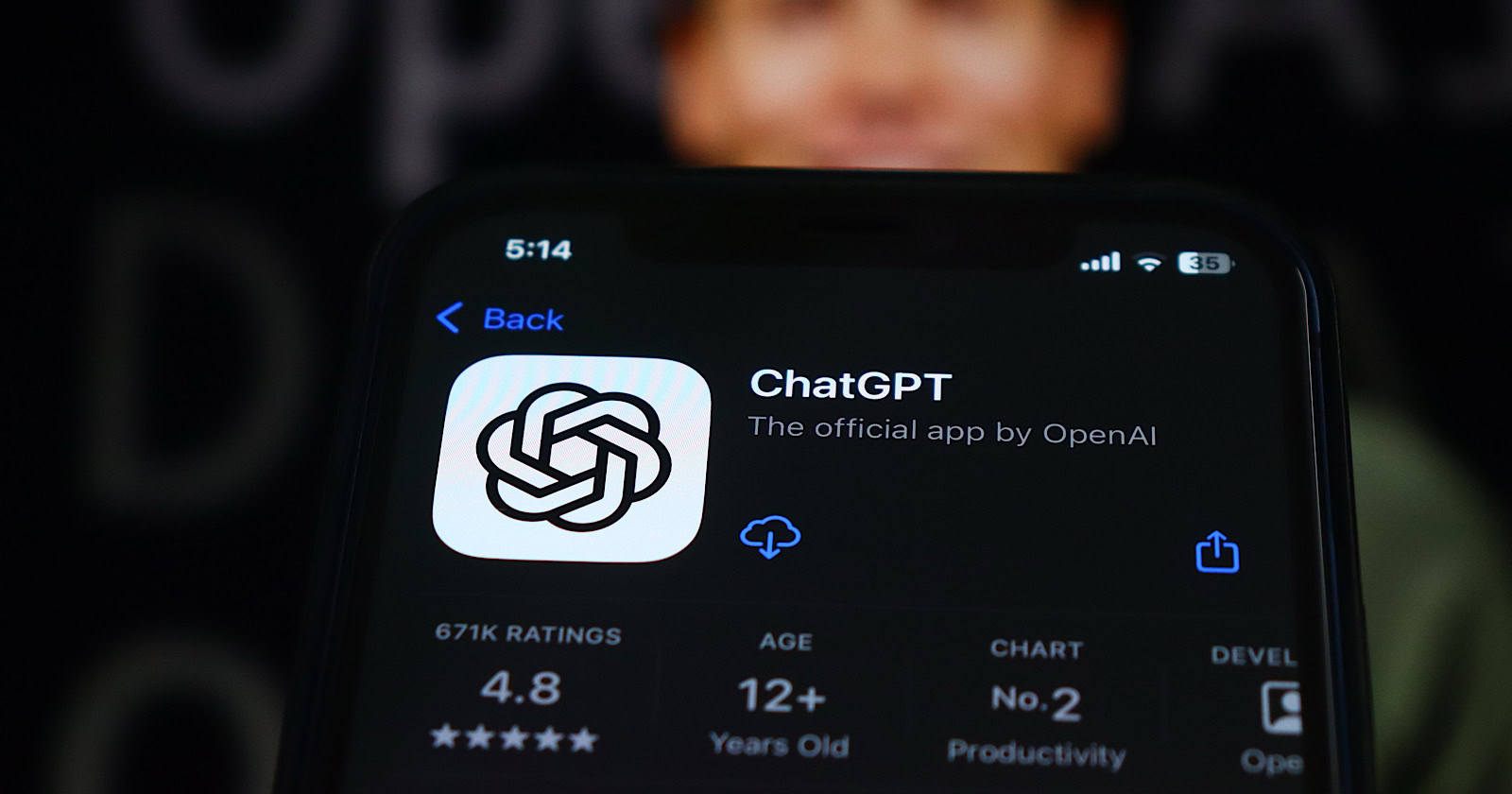New Study Says This Can Help Prevent Dementia (Especially For Women)
This critical vitamin really does it all!

Image by Studio Firma / Stocksy March 2, 2023 New research indicates that one essential vitamin could make all the difference in cognitive decline and brain longevity: Vitamin D. According to a new observational study published in Alzheimer’s & Dementia this week, older adults that increased their vitamin D intake were 40% less likely to develop dementia. The study also learned quite a bit about how individual factors (e.g., demographics, genetics, behavior) play into the equation.
Advertisement
This ad is displayed using third party content and we do not control its accessibility features.
The dementia study design.
Researchers evaluated the effects of vitamin D exposure influenced dementia incidence in 12,388 older adults (average age 71) from the National Alzheimer's Coordinating Center (NACC) dataset.
All participants were dementia-free at the baseline evaluation and given one of the following cognitive diagnoses:
Advertisement
This ad is displayed using third party content and we do not control its accessibility features.
Additionally, participants were split up into a vitamin-D-exposed group (i.e., individuals that took one of three types of vitamin D supplements—D2, D3, or a combination of vitamin D and calcium—before the baseline exam) and a non-exposed group (i.e., individuals that did not increase their vitamin D intake via supplementation throughout the study).
Can vitamin D exposure predict cognitive decline outcomes?
When looking at demographics, genetics, and myriad other factors, the influence of vitamin D exposure on dementia incidence and survival varied from group to group in interesting ways.
Advertisement
This ad is displayed using third party content and we do not control its accessibility features.
Overall, increased vitamin D intake was found to have potential for dementia prevention, particularly before the onset of cognitive decline.
The takeaway.
Advertisement
This ad is displayed using third party content and we do not control its accessibility features.

 Kass
Kass 
































